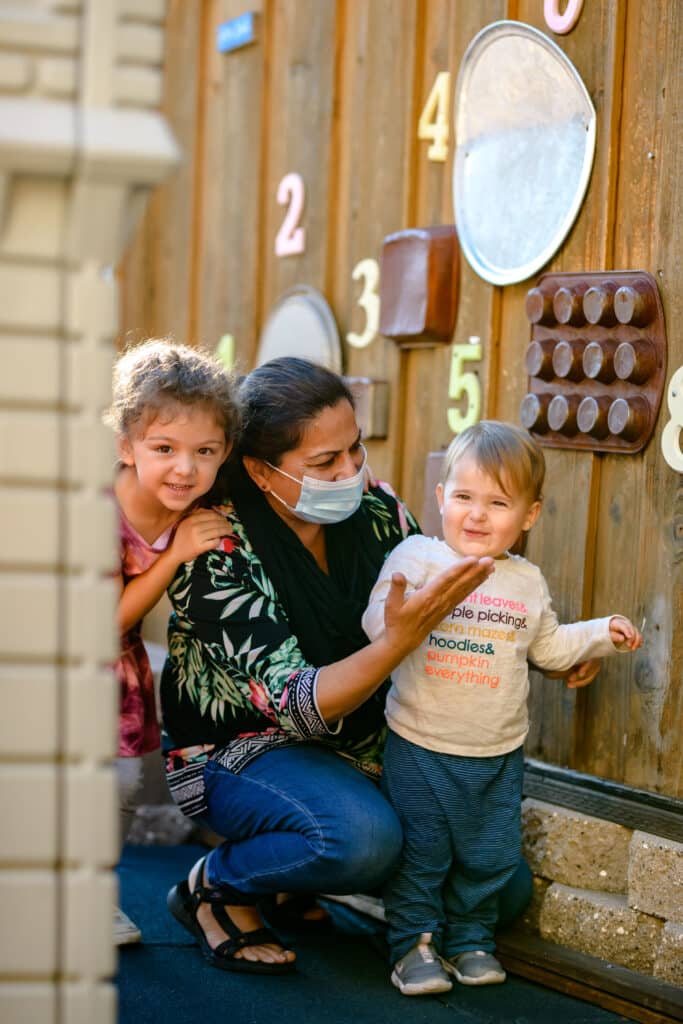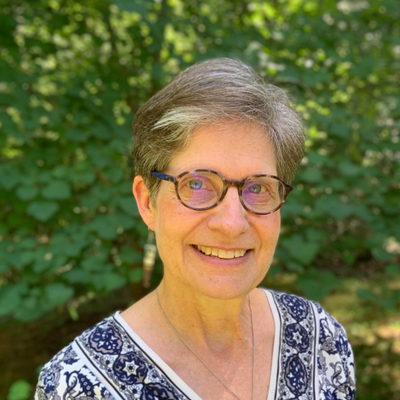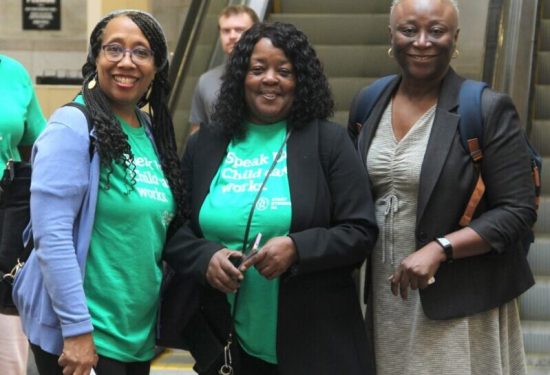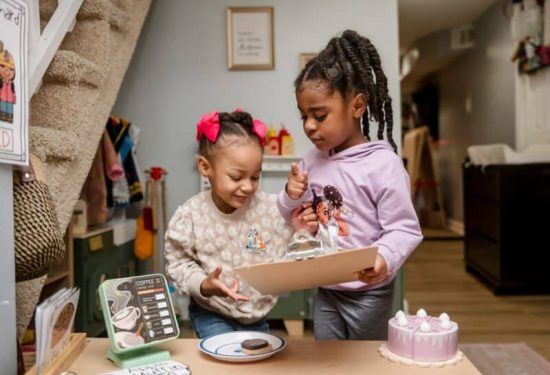Like many moms to be, Lisa Kemper, a full-time manager for a mortgage insurance company, started fretting about child care while she was still pregnant. By the time her son Cole was a few weeks old, as her maternity leave waned, she was getting a little bit desperate, and she didn’t have a back-up plan. She didn’t have parents or in-laws in close proximity. She didn’t see herself as the stay-at-home mom her own mother had been. And she didn’t have child care. “I had to get back in the workforce,” she says now. “But I also couldn’t imagine who would give my baby the kind of love and attention I could give him.”
Lisa and her husband ramped up their search for the right caregiver. They interviewed two nannies and also visited an infant-pre-K center in a local school. Neither of those options felt right, she says. “The nannies just seemed inexperienced, and the center felt too clinical. Kids were moving around all the time and constantly working with different teachers. I couldn’t imagine my baby thriving in that setting.”
Then when Cole was about four weeks old, Lisa took a much needed morning off to get a pedicure and found herself sharing her child care quandary with the mom in the next chair. That’s how she learned about a home-based child care program owned and run by Benu Chhabra right in her own California neighborhood.
Talking to Lisa, whose son Cole is now 17 and brother to a younger sister who is 15, I remembered my own child-care dilemma. Ten years before Lisa was sitting in that pedicure chair asking another mom for child care contacts, I had been anxiously begging my own neighbors in a small North Carolina town for answers to the same question: Who will take care of my child while I’m at work? Fortunately, for both Lisa and me, our neighbors had an answer: The woman down the street takes care of kids in her home.
Before that conversation, Lisa had never considered leaving her baby in a home-based child care. “It just wasn’t something I’d heard much about,” she says. “I always heard about centers or nannies. And I wanted my child to be in a place where I would know exactly what’s going on and I was sure he would be totally safe and well cared for.” I remembered that feeling too, the strum of two heart strings: One calling me to make sure my child is secure, loved, and learning to eventually care for himself and others; the second insisting that I get back to my career and making the money I needed to raise my child. The tone of this two-stringed chord may change depending on your income, career aspirations, parenting values, and the breadth of your support system, but for most moms (and many dads too), the child care dilemma is immediate and pressing.
Lisa took the advice of the woman she met at the salon to visit Benu, owner operator of Benu’s Preschool, who now has been taking care of kids for 22 years. I followed up on a neighbor’s tip to call Patty Lord, a 27-year family child care veteran. Lisa’s kids are now teenagers thriving academically and socially in a California high school. My son is 24, midway through a PhD program in biochemistry. Meanwhile, the women who took care of our children from 0-5 while we were at work, and thousands more like them across the country, have raised a generation of children and are still providing security, love, and learning to their young charges. In fact, home-based child care is the most prevalent kind of child care for infants and toddlers, with 30 percent of children ages 0-3 attending home-based programs like these and more than 7 million kids ages 0-5 in home-based care.
Enrolling my children in a home-based child care program “was the best decision I ever made,” says Lisa, who still gathers with lots of other alums for Benu’s summer barbeque. Benu “is everybody’s mom,” according to Lisa. She’s raised dozens of children, become the surrogate aunt or grandma to their working parents, and is a mentor teacher for other home-based child care providers in California. She’s also a consultant for the early childhood program in a local college that sends students to her home for “lab hours,” where they learn to apply the art and science of early childhood development they’ve gotten in the classroom. Over two decades, her daycare has become the heart of the neighborhood, a place where Lisa says, “children always know they are loved, where they learn all the skills they need for school, and they learn the social skills and self-regulation that they need for life.”
From the perspective of the parents who attend her program, Benu rises to the status of superhero. (I remember observing with awe how my own superhero caregiver, Patty, could get four toddlers down for a nap at the same time without complaint and also have healthy, cookie-cutter shaped sandwiches ready for them to eat the minute they woke up. Now that’s a superpower!) But superhero isn’t what Benu, Patty, and other veteran home-based child care providers call themselves. “We are early childhood educators,” Benu says. “We are also business owners, mentors, and professionals.” None of these terms alone can describe the full gamut of skills, wisdom, training, temperament, and entrepreneurial know-how that these women embody. But put them together and superhero comes close.
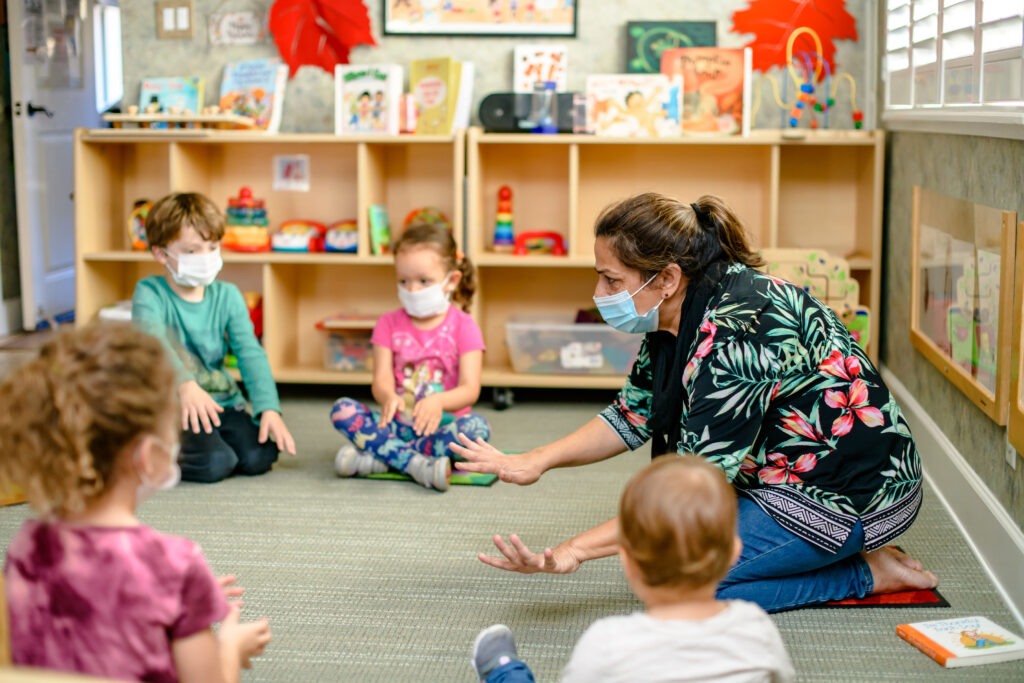
Indeed, decades after Lisa and I became converts to home-based child care, researchers, psychologists, and early child development experts confirm what home-based providers have known all along: a high-quality home-based child care environment nurtures young children’s social and emotional skills while also growing their brains. A smaller group size–typically 4-6 children—and one caregiver throughout the day and often over several years builds lasting relationships between child and caregiver. This continuity fosters children’s sense of security and healthy interactions with others.
“What children need coming into the world is to be with a primary caregiver, or two, or three, including the parents,” according to Dr. Brenda Jones Harden, Professor of Children and Families at the University of Maryland. “That security is the foundation for how you learn language, the foundation for whether you take a risk and solve a problem, the foundation for how you learn to self-regulate. The best place to get that is in a home environment, which could be the child’s actual home, but can also be a home-based child care environment or a child-care center that mimics the size and setup of a home.”
Much of Harden’s research on the developmental and mental health needs of young children, especially those whose families are low income, or encounter other barriers that create high stress in their family lives (like chronic illness, food insecurity, caring for other family members, or housing insecurity) has focused on Head Start programs in publicly funded child care centers. But because the majority of low income and minority families send their children to home-based child care programs—licensed child care homes, license-exempt homes, or family, friend, or neighbor caregivers— Harden began looking more closely at the quality of home-based programs and at the characteristics of the families and the providers in those programs.
Her research confirms what other studies have shown. “When the care is developmentally appropriate, children realize significant lifetime gains through better outcomes in education, health, social behaviors, and employment.” An experienced and knowledgeable home-based provider meets young children’s physical needs for good nutrition, sleep, movement, and safety, and also creates opportunities for learning through play, child-friendly routines, and culturally relevant experiences that strengthen children’s competence and confidence. While parents might not use the terms “social-emotional wellbeing” or “cognitive development,” they too recognize that home is where their child feels most secure and capable. Like Lisa Kemper and me, parents of all backgrounds and incomes look to home-based caregivers for the answer to that persistent question: Who will take care of my child while I’m at work?
This month’s posts will further explore how home-based providers like Benu meet the developmental needs of children from birth through age five, providing a secure, nurturing environment that fortifies children’s brains and strengthens their resilience. We will learn from researchers why home-based child care is positioned to be an ideal learning environment at each stage of development and hear from families whose children thrive in home-based child care. Stay tuned for What’s Best for Baby?
